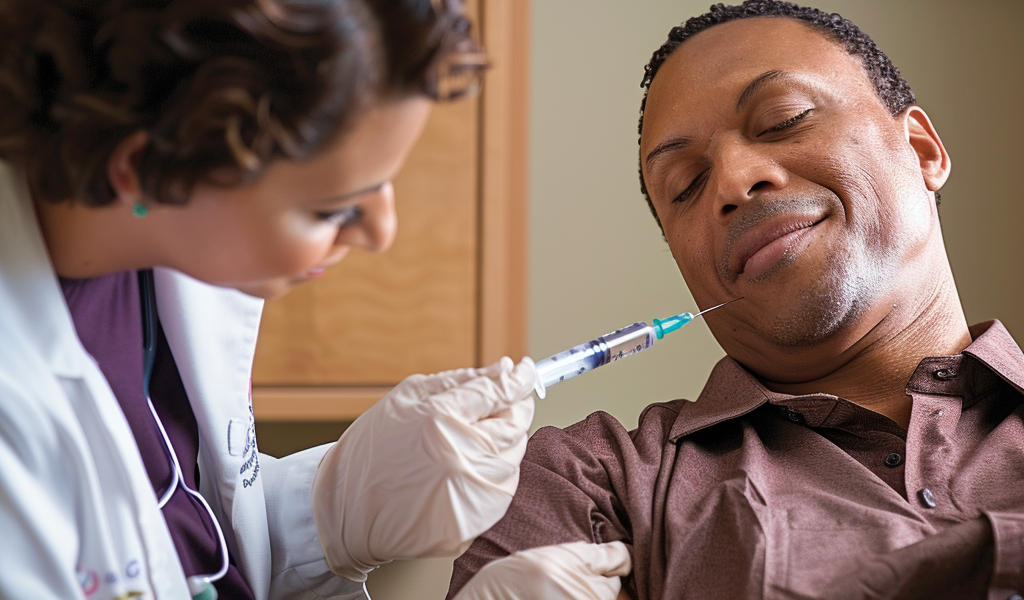Mail-order ketamine injections have been gaining popularity for treating mental health disorders, but experts are warning about the dangers of unsupervised use. Some clinics are now delivering injectable doses of ketamine directly to patients’ homes, allowing them to self-administer the drug without proper oversight.
Dr. Marc Siegel, a medical contributor to Fox News and clinical professor of medicine at NYU Langone Medical Center, emphasized the risks associated with this practice. While ketamine has shown effectiveness in treating severe depression when administered under the observation of trained professionals, the unsupervised use of the drug can have serious consequences.
Originally approved for use as an anesthetic in the 1970s, ketamine has only recently been indicated for treating depression. Its ability to alter brain chemicals can be beneficial for severe depression, but Dr. Siegel warns that receiving the drug through mail-order with minimal supervision is extremely hazardous.
According to Dr. Siegel, ketamine can have various adverse effects including inducing hallucinations, altering blood pressure, and potentially leading to hospitalization. The lack of monitoring during self-administration poses significant risks to individuals’ health.
While ketamine has demonstrated efficacy in breaking the cycle of severe depression, Dr. Siegel stresses that the current method of mail-order distribution is not the appropriate approach. The need for professional oversight and monitoring during ketamine therapy is crucial to ensure patient safety.
Recent studies, such as the research conducted by the University of Michigan on veterans with severe depression, have shown promising results with ketamine therapy. Nearly half of the patients in the study experienced a significant decrease in depression scores after six weeks of treatment, indicating the potential benefits of supervised ketamine administration.
As the use of ketamine for mental health disorders continues to evolve, it is essential for healthcare providers and patients to prioritize safety and proper medical supervision. The risks associated with unsupervised mail-order ketamine injections highlight the importance of responsible and monitored administration of this drug for optimal therapeutic outcomes.





